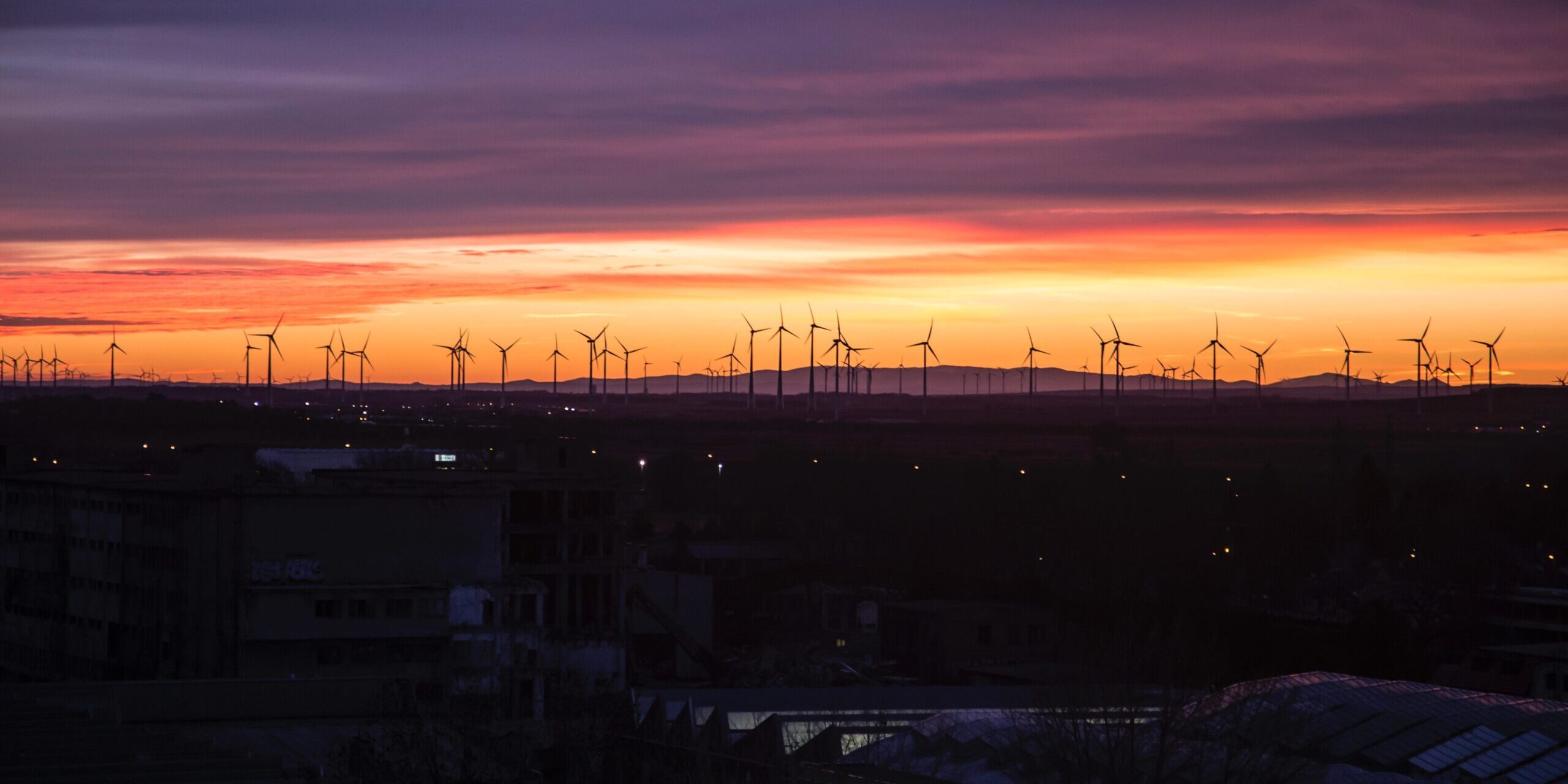Should the government follow this plan in its first few weeks in office, the results can prove vital for society and the economy without major implications for the state budget. The government must:
1. Finalise the most important carbon neutrality provisions from the recently approved low carbon Long Term Strategy and revise the National Energy and climate plan (NECP) to align with the upcoming Long Term Strategy on building renovations.
2. Define energy poverty to include all people who are unable to secure the necessary energy for the optimal functioning of their household. It should then design and prepare the implementation of related solutions.
3. Include energy efficiency to all relevant standards and documents.
4. Assess the steps taken so far towards a just transition of the coal region and set the transformation of carbon-intensive regions and sectors with an emphasis on phasing out fossil fuels.
5. Begin the preparation of criteria for the sustainable use of all renewable energy sources, which will be approved by the end of 2020 in the Strategy of the Environmental Policy of the Slovak Republic until 2030.
6. Build sufficient technical, expert and financial capacities to implement climate and energy policies at the regional level so that local and regional authorities do not perceive national and European climate targets as an administrative burden but rather as an opportunity to save money, emissions and increase resilience and self-sufficiency.
7. Reallocate unspent funds from the EU budget’s Quality of Environment programme to provide additional support for the renovation and improvement of energy performance of public buildings, such as schools, medical facilities and offices. Allocate the necessary amount of resources from the new budget, in combination with private capital, in a way that can generate investments needed to restore three per cent of public buildings annually.
8. Integrate subsidies for insulation, renewable energy sources and boilers in a user-friendly way, like using one application for all. The programmes should motivate applicants not only to replace heating sources or install renewables but to reduce heat losses and thus energy consumption in family homes.
9. Promote EU funded programmes for thermal insulation in single-family homes to improve the stock of single-family homes 20 fold by 2021.
10. Replace the Regulatory Office for Network Industries, including the chairman and members of the Regulatory Board, as it has not operated transparently and has ignored EU legislation responsible for introducing network fees.
11. Oblige the Regulatory Office for Network Industries to publish all documents related to the pricing procedures of monopoly regulated entities via an amendment to the Act on Regulation in Network Industries.
12. Abolish the moratorium on connecting new renewable energy sources to the grid with an emphasis on increasing the sustainable use of renewable energy in Slovakia.
The Slovak Climate Initiative is a platform that brings together individuals and organizations to make climate change and environmental protection a society-wide priority.
The establishing members of the Slovak Climate Initiative are Buildings for the Future, Friends of the Earth–CEPA, the Slovak Association of Photovoltaic and Renewable Energy Industry and the Institute for Forecasting of the Slovak Academy of Sciences.
Never miss an update
We expose the risks of international public finance and bring critical updates from the ground – straight to your inbox.
Location: Slovakia
Project: District heating | Just transition
Tags: NECP | Slovakia | just transition

